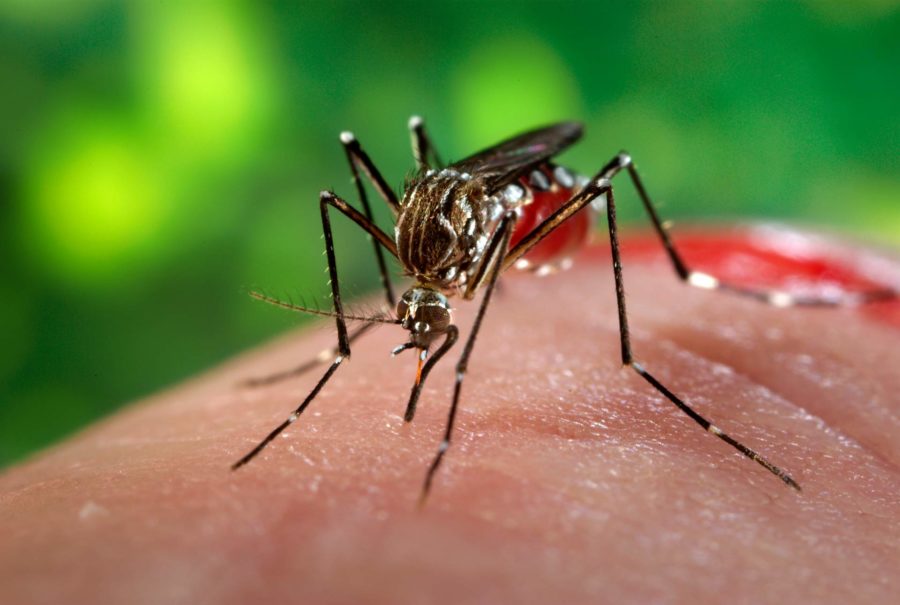Zika coming to Florida
More and more people in Florida have been infected with the Zika virus. According to the Center of Disease Control, 571 cases of the virus are travel associated and 43 have been acquired locally.
Most cases have been acquired in the Miami-Dade area; however, there is one case that occurred in Pinellas county. Scientists say that this case is nothing major and that single cases usually do not mean the virus is spreading.
“The vast majority of the local transmissions hit a dead end after one or two people in one household,” said the director of the CDC, Dr. Thomas R. Frieden, at a CDC briefing.
The case in Pinellas county could create a new Zika danger zone, but state officials do not have hard evidence of that yet. The Florida Department of Health believes that the only active transmission is in the small areas in Miami-Dade county.
The Zika virus is unlikely to spread because the mosquitos that carry the virus, Aedes aegypti, do not live long enough or travel far enough to spread the disease in large numbers.
Scott C. Weaver, the director of the Institute for Human Infections and Immunity at the University of Texas spoke about the subject.
“The growth in cases is not exponential. It is not as bad as some of the alarmist scenarios we have seen over the past few months.”
Gov. Rick Scott in a round table discussion after more cases were reported in south Florida.
“The state is going to continue to fund anything we need to fund. We have allocated $26.2 million. Probably one of the most important things is they actually need to focus on a vaccine,” said Scott.
Efforts have been made to combat the Zika virus. A drug company based out of Pennsylvania has started clinical trials for the Zika virus in Puerto Rico, where people are greatly affected by the Zika virus.
Your donation will support the student journalists of Wiregrass Ranch High School. Your contribution will allow us to purchase equipment and cover our annual website hosting costs.

Hi! This is my first year as a writer for the school newspaper. I am in my freshman year at WRHS. I am a member of the class of 2020. Outside of school...










